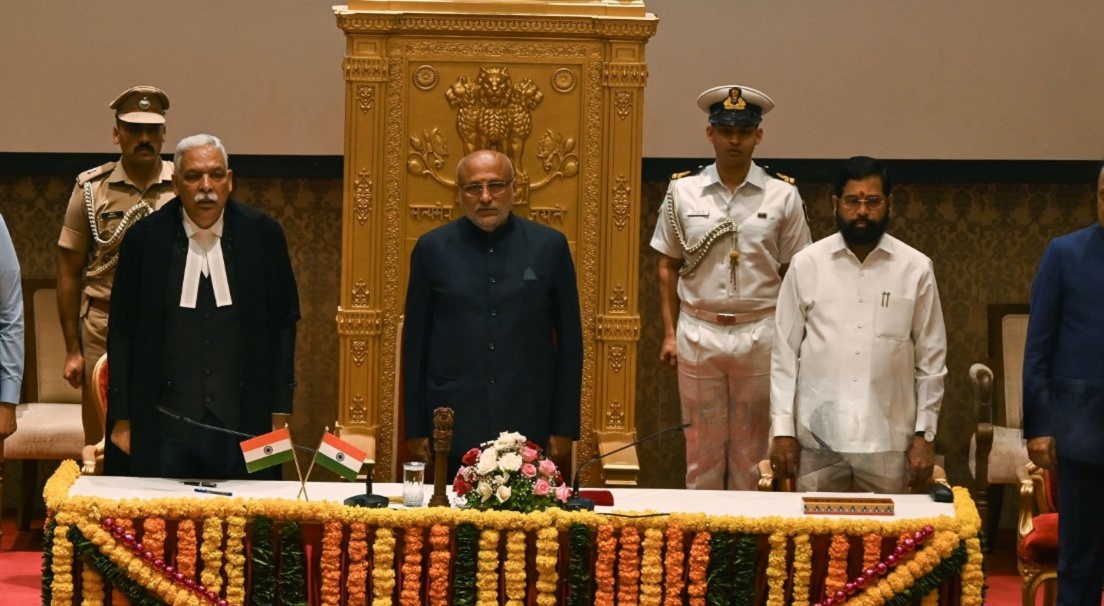The world of cryptocurrency and digital assets is back into the spotlight in India, as a recent series of statements issued by RBI and Finance Ministry have left retail investors feeling anxious and uncertain. With millions of Indians already investing in digital assets like Bitcoin, Ethereum, and stablecoins, the ambiguity surrounding crypto regulation in India remains an area of market tension.
The blog dives into the latest crypto regulation updates in India and their implications on retail investors along with a glance at what lies ahead for India’s crypto regulatory landscape.
🇮🇳 Current Status of Crypto Regulation in India
By the year 2025, no full legalization or prohibition of cryptocurrencies has been done in India. It has rather instead adopted a cautious attitude:
- No. Cryptocurrencies are not legal tender.
- 30% income tax is applicable over crypto income, with an additional 1% TDS on every transaction.
- RBI remains strongly opposed to private cryptocurrencies with a proclamation on threat to financial stability.
- India is working with G20 countries to set up a global regulatory framework for cryptocurrencies.
Thus, even though there is no outright ban, there continues to be a lingering uncertainty hanging over investors and exchanges alike because of this half-regulated status.
🏛️ What Did the RBI Say Recently?
Recently, the Reserve Bank of India reiterated its concerns about private cryptocurrencies, stating they are:
- Risky speculative assets
- Instruments used for unlawful transactions (money laundering, terror financing)
- A threat to the sovereignty of the Indian rupee
The Governor of the Reserve Bank of India, Mr. Shaktikanta Das also remarked that regulators need to adopt a ‘global coordinated approach’ to regulate crypto assets, and India will not rush into a decision that compromises the economy.
🧾 What’s the Finance Ministry’s Stand?
The Minister for Finance also agrees to take the hard tack on taxes over cryptos but is not as vocal as the RBI:
- Crypto gains are taxed like winnings from lotteries or gambling
- No deductions or set-offs allowed for losses
- Exchanges shall be made to report data about users and transactions to tax authorities
Finance Minister Nirmala Sitharaman said the Indian government will wait for a global consensus (especially from the IMF and G20) before it drafts a final bill to regulate cryptos.
😟 Why Are Retail Investors Anxious?
Growing anxiety among retail investors in India is due to:
- Regulatory Ambiguity: With no clear stance-neither legal nor banned-crypto is a gray zone in India.
- High Taxation: With 30% flat tax and 1% TDS, which eat into majority of profits, active trading and investing have become less lucrative.
- Bank Restrictions: Some Banks have imposed restrictions on transfers to Crypto Exchanges, adding to the woes of the traders.
- Media Speculations: Fear-filled media headlines follow every RBI or Ministry of Finance statement, resulting in panic-selling or withdrawal from platforms.
- Lack of Investor Protection: If an exchange were to fold or scam its users, Indian investors have no legal protection or recourse.

📊 Effects on Indian Crypto Exchanges
After imposing the taxation rules, several platforms like WazirX, CoinDCX, and ZebPay reported a sharp decline in trading volumes.
In the new scenario, many of the exchanges are focused on:
- Promoting long-term holding, as opposed to frequent trading
- Preparing educational content to help users cope with the rules
- Lobbying the government for fairer crypto regulations in India
🔮 What Lies Ahead for Crypto Regulation in India?
The experts have suggested several outcomes could come about in the immediate future.
✅ Full Fledged Crypto Bill
India might finally push for the passing of a Crypto Regulation Bill through Parliament just after the elections, or once a finalized G20 framework is in place.
✅ Specific Guidelines for Stablecoins
Suggest the government would consider legitimizing stablecoins as separate because of their controversial status on volatility matters.
✅ CBDC-centric Focus
With the launch of the Digital Rupee (e₹) pilot in 2023, the RBI would most probably promote this as a safer alternative to private cryptocurrencies.
✅ Licensing for Exchanges
Crypto exchanges in India might have to obtain licenses like they would for stockbrokers. The applicability of a tighter KYC with compliance regime might also be in the cards. click here
📚 FAQs: Crypto Regulation in India
❓ Is cryptocurrency legal in India?
Cryptocurrencies are not illegal, but they are also not recognized as legal tender. You can invest, but at your own risk.
❓ Do I have to pay tax on crypto gains?
Yes, a flat 30% tax on profits and 1% TDS on each transaction applies.
❓ Can the government ban crypto completely?
While possible, a complete ban seems unlikely as India is aligning with global regulatory efforts rather than acting unilaterally.
❓ What about CBDC?
The RBI is promoting India’s Central Bank Digital Currency (CBDC) or Digital Rupee as a regulated digital asset.
🧠 Final Thoughts: Proceed with Caution
The crypto regulation in India remains uncertain, and the latest updates from the RBI and Finance Ministry highlight the cautious approach the government is taking. For retail investors, this means it’s critical to stay updated, manage risks wisely, and avoid overexposure.
Until India introduces a clear legal framework, the government taxes investors like a casino and regulates the market like the wild west.









